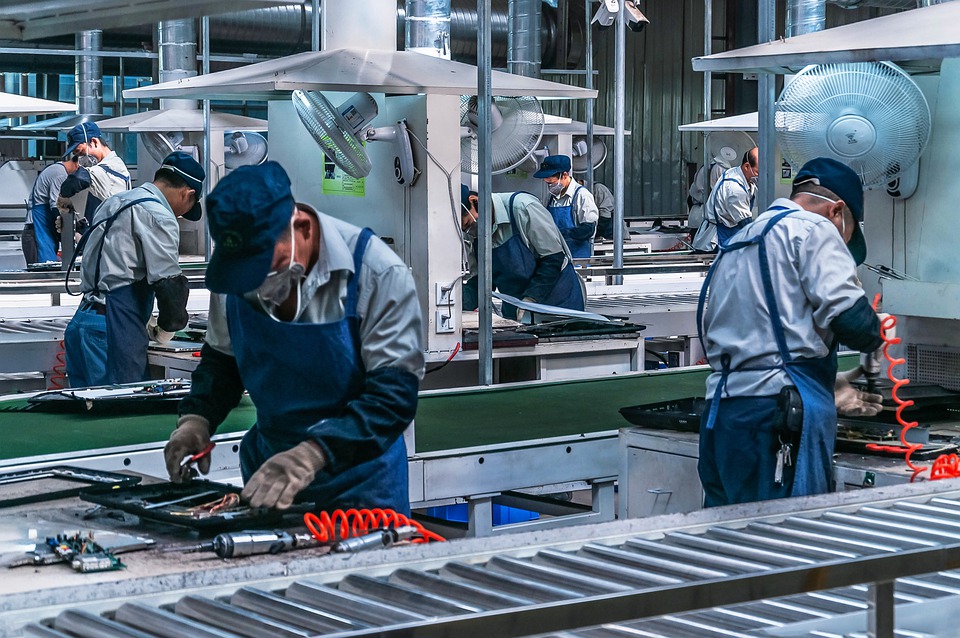Not only Stm. Here are the chip companies that emerge in Southeast Asia with the decline in infections

Coronavirus infections in Southeast Asia are on the decline, and factories in the region – important for the automotive supply chain – are returning to normal. All the details and the names of the companies with booming productions
Cases of coronavirus contagion in Southeast Asia are on the decline, and supply chains in the region are reactivating to recover production lost in recent months due to industry closures.
HOW DOES IT GO IN VIETNAM
Vietnam, in particular, is returning to normal thanks to the easing of restrictions. About two hundred factories that make sportswear for Nike have resumed operations, writes the Nikkei Asia . And an industrial park in Ho Chi Minh City, the capital, where Samsung Electronics (South Korea) and Intel (US) are located, said it was ready to return to "full production" this month.
Since last July, many factories in South Vietnam have been severely restricted: they could only remain open if they agreed to host workers 24 hours a day, effectively becoming large dormitories; and they were also forced to reduce the number of employees by 30-50 per cent from normal values. As a result, many plants have cut production or shut down operations altogether.
At the end of August, infections in the country reached a peak of 17 thousand cases per day. Today the rate has dropped to 7 thousand.
THE IMPACT FOR THE AUTOMOTIVE SECTOR
The Nikkei Asia writes that companies that produce the electrical and electronic components essential to the auto industry are returning in strength, and could give relief to an industry hit by a long crisis of shortage of semiconductors (or microchips).
For example, the Japanese company Furukawa Electric, which makes wiring harnesses for vehicles, plans to return to full capacity at its Vietnamese factories.
Southeast Asia is a key region for global automotive supply chains. Vietnam is an important manufacturing pole of harnesses, for example; in Malaysia, on the other hand, semiconductors are produced. The difficulties in procuring these components are hurting the operations and financial performance of virtually all car manufacturers, including Stellantis or Tesla .
WORKERS LACK IN MALAYSIA
In Malaysia, more than 90 percent of the adult population is fully vaccinated against the coronavirus. But the scarcity of flows of workers from abroad and the difficulties in hiring local workers are forcing Unisem – a Malaysian company that assembles and tests semiconductors – to operate at 80 percent of its capacity. However, the international demand for these components is very strong and growing, and Unisem is not able to satisfy all the orders it receives. It is then building a third plant in Chengdu, China.
THE PROBLEMS OF STMICROELECTRONICS
In addition to Unisem's problems, the contraction in the Malaysian output of semiconductors for cars is also linked to the blocking of production at the site of STMicroelectronics , an Italian-French company 50% owned by the Italian Ministry of Economy and Finance.
Jean-Marc Cher, managing director of STMicroelectronics, stated that "our site has gone through a period of partial or complete closures, with a gradual return to 100 percent of production capacity during the third quarter" of 2021.
This is a machine translation from Italian language of a post published on Start Magazine at the URL https://www.startmag.it/mondo/sud-est-asiatico-calo-contagi-componenti-auto/ on Tue, 09 Nov 2021 11:04:52 +0000.
